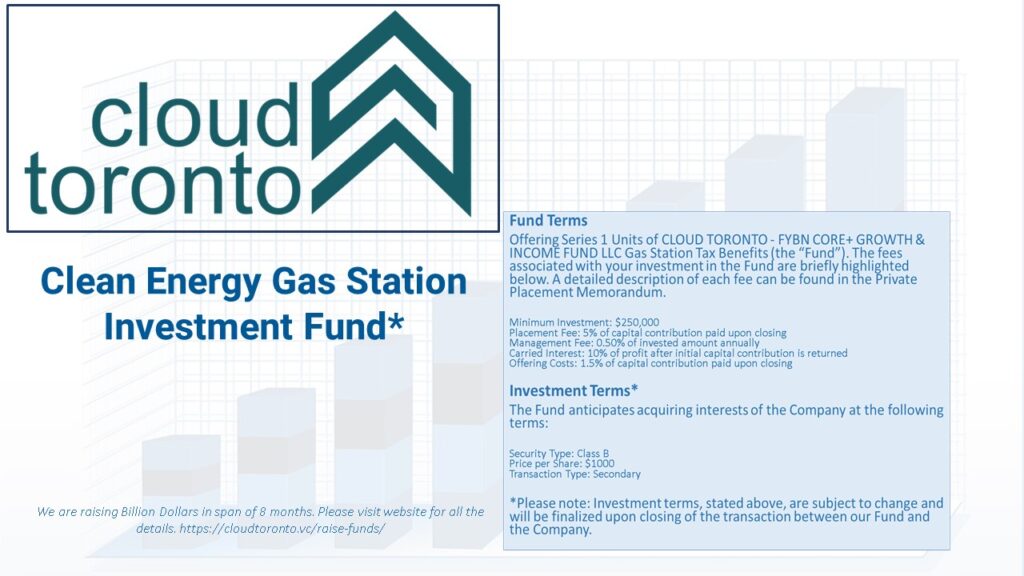As the world faces the pressing need to transition towards sustainable energy sources, one area that holds immense potential for transformation is the conventional fossil fuel gas station. These stations, once symbols of our reliance on non-renewable energy, can become the last point of distribution for a diverse range of eco-friendly alternatives, including Electric Vehicles (EVs), Hydrogen-powered vehicles, Solar and Wind-powered vehicles, and Hybrid vehicles. In this blog, we explore the possibilities and benefits of converting fossil fuel gas stations into comprehensive Multi-Energy Hubs.

The Need for Transformation:
- Environmental Concerns: The environmental impact of fossil fuels is undeniable, with greenhouse gas emissions contributing significantly to climate change. Transforming gas stations into multi-energy hubs addresses this concern by promoting cleaner alternatives.
- Depleting Fossil Fuel Reserves: Fossil fuel reserves are finite, and their depletion is inevitable. Converting gas stations allows us to proactively shift our reliance towards renewable energy sources, ensuring a sustainable future.
Electric Vehicles (EVs)
- Charging Infrastructure: Converting gas stations into EV charging hubs addresses the primary concern of range anxiety. Installing high-speed charging stations enables EV users to recharge quickly, making electric vehicles a more convenient choice.
- Incentives for EV Adoption: Governments and businesses can collaborate to offer incentives for EV owners, such as discounted charging rates, parking privileges, or loyalty programs, encouraging more individuals to make the switch.
Hydrogen-Powered Vehicles
- Hydrogen Refueling Stations: Incorporating hydrogen refueling infrastructure at gas stations expands the reach of hydrogen-powered vehicles. This move supports the growth of fuel cell technology, providing a clean and efficient alternative.
- Advantages of Hydrogen: Discuss the benefits of hydrogen as a fuel, including its high energy density, zero emissions, and potential applications in heavy-duty transportation.
Solar and Wind-Powered Vehicles
- Solar Charging Stations: Integrating solar panels into gas stations allows for the generation of clean energy on-site. This renewable source can power EV charging stations and other amenities, reducing dependency on the grid.
- Wind Turbines: Wind turbines strategically placed at gas stations can harness wind energy to contribute to the power needs of the station. This innovative approach adds another layer of sustainability.
Hybrid-Powered Vehicles
- Flexibility and Transition: Gas stations can cater to hybrid vehicles by offering both traditional fuel options and alternative energy sources. This flexibility accommodates a gradual transition towards cleaner transportation solutions.
- Educating Consumers: Initiatives to educate consumers about the benefits of hybrid vehicles can be implemented at gas stations, fostering awareness and encouraging a shift towards more sustainable choices.
Economic and Social Impact
- Job Creation: The transformation of gas stations into multi-energy hubs generates job opportunities, from installing and maintaining charging infrastructure to customer service roles.
- Community Engagement: Gas stations have historically been community hubs. Transforming them into multi-energy hubs promotes community engagement through awareness campaigns, workshops, and events centered around sustainable living.
Conclusion

In conclusion, converting fossil fuel gas stations into multi-energy hubs is a crucial step towards a sustainable and eco-friendly future. The benefits are not only environmental but also economic and social, contributing to job creation, community engagement, and a reduction in our carbon footprint. As we embrace this transformation, we pave the way for a cleaner and more resilient transportation ecosystem that aligns with the demands of the 21st century. The journey towards sustainability starts at the last point of distribution – our gas stations.
